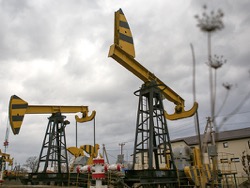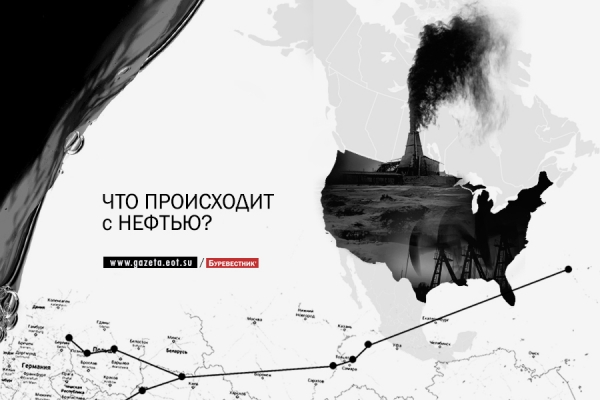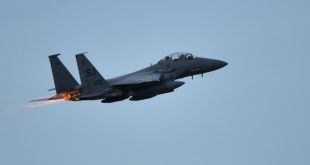
The Agency held a meeting on taxes in the oil industry
Last week the energy Ministry and the Finance Ministry have discussed the implementation of a new concept of taxation for oil and gas industry. Following the meeting, the Agency agreed to submit to the government an agreed position on the introduction of the new tax system. At the request of Deputy Prime Minister Arkady Dvorkovich on this issue at the Ministry of Finance and the Ministry of energy was one day.
On the meeting, “news” was told two sources in the industry, information was confirmed by Deputy Minister of energy Kirill Molodtsov.
— Last week the Ministry of energy held a meeting on the issue agreed position between the two agencies about how to implement the concept of the new industry taxation. In accordance with the instructions of Deputy Prime Minister Arkady Dvorkovich until June 30 this position, we must provide the official said. According to him, from the Ministry of Finance the meeting was attended by Deputy Minister of Finance Ilya Trunin and Director of the Department of tax and customs policy of this Department Alexey Sazanov.
According to one of the interlocutors at the meeting were presented the main criteria of a new tax on financial results (NFR) and modified-added tax income (JPM), taking into account comments of the Ministry of Finance and oil companies.
The bill on NPR was developed last year. It was proposed to test the tax on several fields of “LUKOIL”, “Rosneft”, “Gazprom Neft”, “Surgutneftegaz” etc. by Applying this tax, the company would be exempt from the tax on mineral extraction (met) levied on all sales regardless of the cost and financial result. The tax base for NPR — a profit from the sale of oil, the rate is 60%. It is, in the idea of the initiators, would allow companies to reduce the tax base and to invest in the expensive development hard-to-reach deposits. NFR was designed primarily for Mature fields in Western Siberia, which produces 60% of Russian oil.
However, the Finance Ministry felt that the NFR may lead to loss of revenues, and then proposed to impose a tax on added income with a rate of 70% for new fields. But last year a bill on NPR and was not adopted by the state Duma. After that, the Ministry of Finance and the Ministry has begun work on a compromise.
Agencies did not come back to this issue since April, when it took the last meeting on this issue. At the end of April, Deputy Prime Minister Arkady Dvorkovich told President Vladimir Putin that need to go back to the introduction of PR, and discussion of the proposed MOF-added tax income to be postponed, media reported.
— To call this tax ” is not important. Main point — be subject to a greater degree needs the financial result and not the total volume of production companies, ” said Arkady Dvorkovich in June, adding that the proposals will be finalized in the next few days and discussed in the government.
According to the Vice Premier, the main dispute revolved around the scope of the new tax system is to introduce it first for pilot projects or for the entire industry. In mid-June, energy Minister Alexander Novak noted that agencies “were able to converge on positions”. The final decision on the introduction of specific tax remains with the government. Arkady Dvorkovich, in turn, reported that the meeting on the tax issue should be held before the St. Petersburg international economic forum, which started on June 16. However, it was only last week.
As told “Izvestia” a source familiar with the discussions, the departments are close in many respects — proficiency, aplift, rates of PR and PDM. In addition, the new NPR and the modified PDM can be spread on old fields in Western Siberia brownfields pilot projects with a total production to 15 million tonnes per year) and for new projects — Greenfield projects, which are not subject to incentives on the export tariff.
Another source of “Izvestia”, familiar with a situation, told that the NPR may be reduced to 40% and the rate NDD will remain at 70%.
Yesterday in a press-service of the Ministry of Finance did not provide comment on this issue. The Deputy Minister of the Finance Ministry Ilya Trunin refused to comment on the reason for the vacation. Meanwhile, to provide an agreed position on taxation in the industry is still one day.







